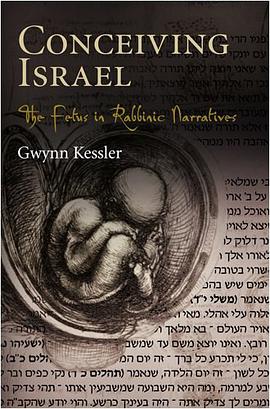

One of the most hotly debated issues in contemporary education concerns the tension between the demands of such groups as blacks, Latinos, gays, women, and the handicapped for a curriculum that recognizes their particular identity-and the competing position that the role of public education is to infuse children with a common American identity. In this book, a distinguished philosopher of education takes on that debate, indicating the underlying ethical issues on each side and showing how schools can promote both national and cultural identities. Walter Feinberg develops a theory of education that is twofold: it is sensitive to the concerns of parents and community members who want the public schools to reinforce their particular values and group identity, and it also maintains a commitment to the "principled reasons" for public education-the general ideals that public education shares with a liberal political philosophy, particularly equality of educational opportunity, freedom of association, and individual development. Feinberg develops an understanding of basic principles that schools should use in addressing cultural differences, tests these and shows how liberalism is indeed compatible with cultural recognition.
具体描述
读后感
评分
评分
评分
评分
用户评价
相关图书
本站所有内容均为互联网搜索引擎提供的公开搜索信息,本站不存储任何数据与内容,任何内容与数据均与本站无关,如有需要请联系相关搜索引擎包括但不限于百度,google,bing,sogou 等
© 2025 book.wenda123.org All Rights Reserved. 图书目录大全 版权所有




















